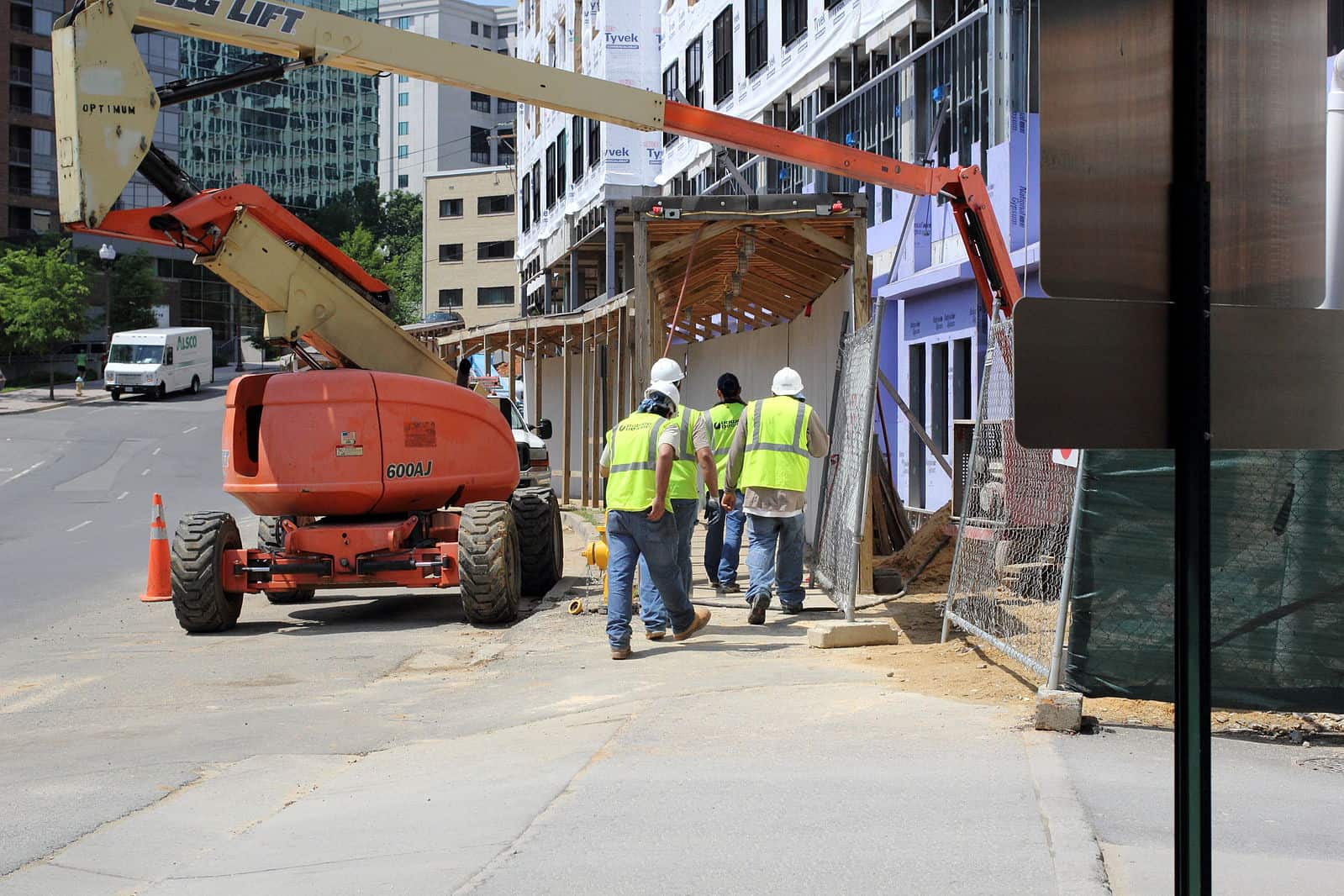William Greenlaw is a student at Harvard Law School.
The State of Arizona has been so deficient in promulgating and enforcing worker safety rules that the federal government might revoke the State’s authority to so do altogether. The Occupational Safety and Health Administration announced yesterday that since at least 2014, Arizona has failed to “timely adopt and enforce standards and required directives” at least at comprehensive as or better than the federal regulations. Arizona’s own agency, the Arizona Division of Occupational Safety, would forfeit their supervisory authority, and OSHA would assume inspections of private employers there. OSHA points to four deficiencies in Arizona’s current program: Arizona failed required workers to have enough fall protection at a certain height; failed to increase fines on safety violations which on average has made Arizona’s fines only half as large as federal ones; failed to adopt the federal OSHA Covid-19 emergency temporary standard for its health care industry; and failed to adopt federal minimums on protections against amputations, certain construction accidents, and breathable silica dust. In a statement, Assistant Secretary of Labor for OSHA Douglas Parker said, “We believe that waiting until OSHA issues another standard would simply provide Arizona with another opportunity to fail to protect workers in a timely manner.” If OSHA presses forward on this plan and does not reach settlement with the State, Arizona would be the first state to involuntarily lose federal approval of its own state-level worker safety plan.
A California appeals judge yesterday ruled that a class action against Barnes & Noble Inc may proceed to trial on whether its inclusion of extraneous language in its credit check disclosure form was a willful violation of federal law. The Fair Credit Reporting Act require employers who plan to do a consumer report check on their prospective employees a “standalone, clear and conspicuous disclosure.” Such a provision enables job applicants to better parse through what may be lengthy applications in order to make the informed choice of whether to submit to a credit check as they apply for a job. In comparison to a team of corporate lawyers for entities like Barnes and Noble, too much extraneous language can cloud applicants’ ability to make that choice. Vicki Hebert, who applied to Barnes & Noble, sued on behalf of herself and others alleging a violation of the Fair Credit Reporting Act for this reason. The California appeals judge held that there was enough evidence for a reasonable juror to conclude that Barnes & Noble had willfully included such extraneous language, noting that at least one employee knew the extra language was on the form. That the employee was not a lawyer himself might be seen by juries, not as a defense, but instead evidence of willfulness. The case is Hebert v. Barnes & Noble, Inc. , 2022 BL 134541, Cal. Ct. App., 4th Dist., No. D079038, unpublished 4/19/22.






Daily News & Commentary
Start your day with our roundup of the latest labor developments. See all
April 17
Southern governors oppose UAW organizing in their states; Florida bans local heat protections for workers; Google employees occupy company offices to protest contracts with the Israeli government
April 16
EEOC publishes final regulation implementing the Pregnant Workers Fairness Act, Volkswagen workers in Tennessee gear up for a union election, and the First Circuit revives the Whole Foods case over BLM masks.
April 15
The Supreme Court ruled in favor of bakery delivery drivers in an exemption from mandatory arbitration case; A Teamsters Local ends its 18-month strike by accepting settlement payments and agreeing to dissolve
April 14
SAG-AFTRA wins AI protections; DeSantis signs Florida bill preempting local employment regulation; NLRB judge says Whole Foods subpoenas violate federal labor law.
April 12
The EEOC weighs in on an anti-discrimination lawsuit against Workday; a rule expanding overtime protection moves closer to publication; Amazon decreases spending on anti-union consultants.
April 11
Maine Legislature votes to grant farm workers minimum wage and labor rights; Apple store workers in New Jersey petition to unionize; and Wisconsin Governor vetoes legislation to rollback child labor laws.